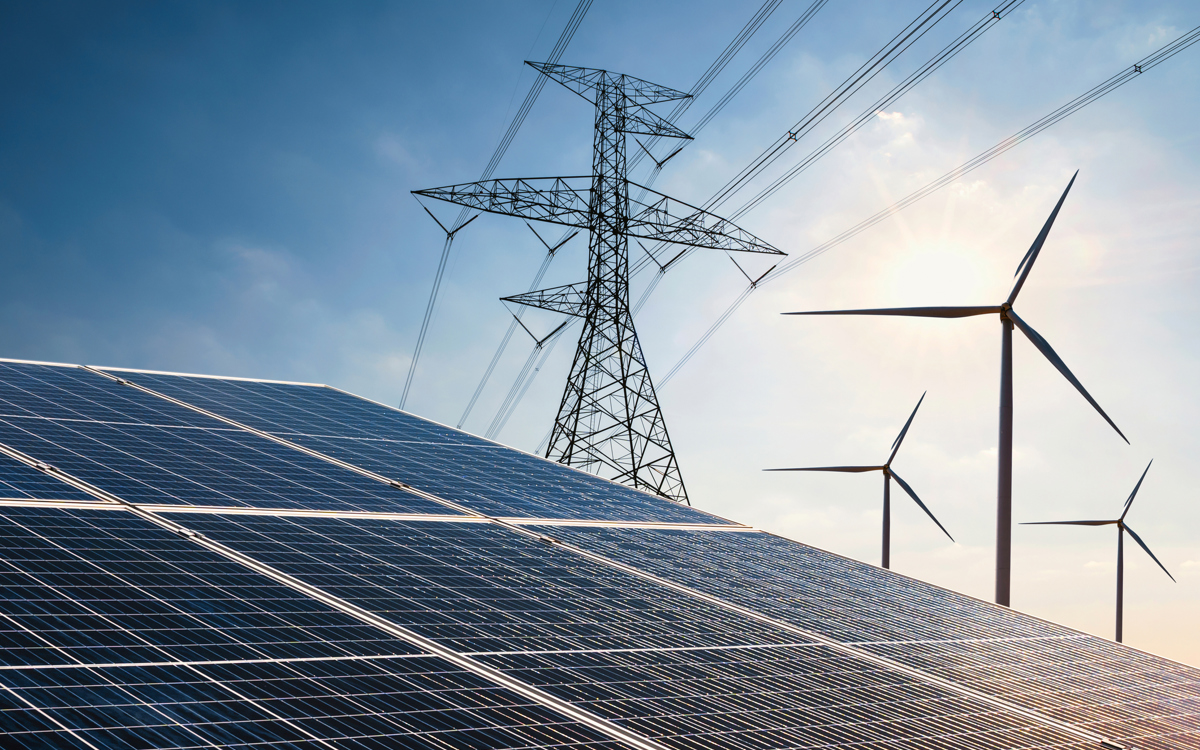By Ogheneruona Diemuodeke


Ogheneruona Diemuodeke
The aim
During COP26, the President of the Federal Republic of Nigeria, President Muhammadu Buhari, committed the country to a net-zero emissions target by 2060. To achieve this, Nigeria needs to simultaneously address three major challenges;
- Energy access
- Energy transition
- Economic growth
The challenge
Today, Nigeria is facing a severe energy crisis. Over 85 million people are without access to modern energy with the majority living in rural dwellings. There is a heavy reliance on the burning of wood and agro-forest wastes for energy sustenance, which has been attributed to detrimental environmental impacts and growing health concerns for women and children.
Out of the projected demand for electricity in the country, over 80% of the demand is unmet, with a sizeable portion of available energy lost during distribution and transmission. Continuing to use fossil fuels to meet the energy demands of the country could potentially lead to over three billion tonnes of CO2 per year being emitted – undermining Nigeria’s net-zero target. Nigeria needs an energy transition which will decarbonise the energy sector and transform fossil-based systems to zero-carbon or low-carbon systems to mitigate climate change.
With the oil and gas sector playing a dominant role as the nations’ economic driver and contributing 86% of total export revenue, the Nigerian economy is heavily dependent on the sector. At this point of Nigeria’s developmental trajectory, it may be unwise to abandon the oil and gas sector due to the anticipated impact on economic growth and technological development. This causes a pressure to rapidly grow the Nigerian economy in line with reducing greenhouse gas emissions to meet the country’s COP26 ambition.
A key challenge for Nigeria, with this reliance on oil and gas as its main source of income, is its capacity to reimagine a Nigerian economy which could feature a significantly different energy structure beyond 2030.
A solution
In Nigeria, there is local clamour for increasing the energy supply to support the local economy, matched by the growing global support for an energy transition away from fossil fuels. One striking effort to sustainably accelerate growth would be an innovative energy solution revolution.
The country’s Rural Electrification Agency has identified renewable energy powered mini-grids as a cost-effective solution for electrification in rural areas, creating an exciting opportunity to rapidly accelerate the country’s net-zero drive.
The country's large population makes it attractive to investors in the energy access sector. According to the Nigerian Economic Summit Group, the mini-grid market has a potential revenue of USD 8 billion annually. The Nigerian mini-grid sector is rapidly shifting away from grant and seed funding towards private debt and equity capital and stakeholders across the renewable energy mini-grid value chain are enablers to accelerating this growth.

A growing trend and opportunity
The hopeful news is that trends in innovation revolutions – water, steam, coal and electricity, oil and gas, and now digital technology – were peaked by economic crises. Could COVID-19 help peak digital technology as the solution to this energy crisis?
One of the current innovation revolutions underway is renewable energy technology which is expected to be driven by energy storage, energy efficiency, smart systems, e-mobility, and hydrogen technology. There are pointers suggesting that the COVID-19 pandemic and the associated economic crisis could peak the renewable energy revolution. The question is, does Nigeria have the capacity to navigate the energy revolution, to adequately respond to both the opportunity for clean and affordable energy, and economic growth?
The answer lies in the research and development capacity of local people to understand local challenges to respond with innovative solutions. It is imperative to note that the energy access market, and specifically, the mini-grid, is vast and requires the appropriate technical skills and capacity to do the opportunity justice.
There are concerns regarding Nigeria’s technical capacity to drive this opportunity. This could be likened to the experience preceding the current state of the oil and gas sector in Nigeria. Once heavily dominated and operated by foreigners, it was only recently that Nigerians had the opportunity to play a significant role in the sector.
This lack of local capacity in the nation’s energy sector was attributed to systemic barriers intentionally created by foreigners to hedge out Nigerians from oil and gas operations. It was over thirty years before Nigerians were able to play a role due to a lack of technical skills and competencies. The concern is that a similar shortage of local professionals may now impact the renewable energy access sector potential.
It is necessary, and imperative, for developed nations with advanced capacity in renewable energy knowledge to support developing nations with strengthening local capacity in the renewable energy access sector, with the aim of providing locally-sensitive innovative energy solutions for socio-economic development.
Specifically, developed nations should see it as a duty to channel a portion of the COP26 net-zero USD 130 trillion funds towards technology transfer/assimilation and capacity strengthening for locals of developing nations to ensure the achievement of a holistic net-zero economy.
